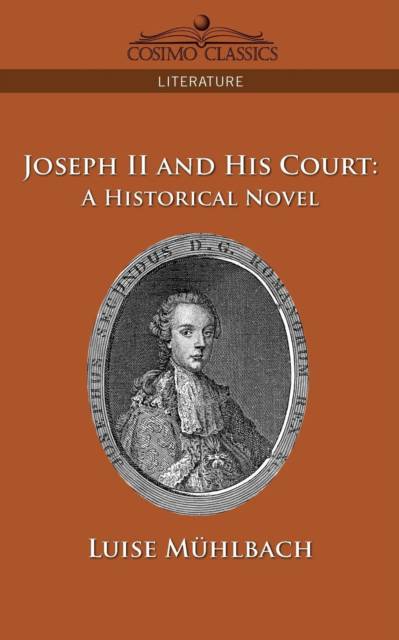
- Afhalen na 1 uur in een winkel met voorraad
- Gratis thuislevering in België vanaf € 30
- Ruim aanbod met 7 miljoen producten
- Afhalen na 1 uur in een winkel met voorraad
- Gratis thuislevering in België vanaf € 30
- Ruim aanbod met 7 miljoen producten
Zoeken
€ 40,95
+ 81 punten
Omschrijving
He turned and looked at her with a benevolent smile. "Come hither, my child," said he. "You would speak with the emperor. I am he." The girl uttered a stifled cry, and falling on her knees, she hid her death-like face in her hands. For she had recognized her unknown protector. Yes, this noble man, who had proffered help and promised protection, this was the emperor, and to his face she had called him miser and tyrant! -from "Chapter XXXV: The Disguise Removed" In the constrained culture of 19th-century Europe, Luise Mühlbach was thwarted in her desire to become a historian, so instead she wrote historical novels in her native German-more than 100 of them, most of which were bestsellers in Europe and many of which were translated into English, with great success. This 1865 novel, set among the intrigue of the court of Austrian emperor Joseph II, is a wonderful example of German literary realism, a movement to which Mühlbach was an important contributor, though one frequently overlooked today. And it is a shining model of the fierce feminism Mühlbach evinced in her life as well as her fiction-Empress Maria Theresa is a potent presence here, a beautifully realized womanly force. With deftly realized characters-male and female-and page-turning plots, Mühlbach's stirring historical novels are ready to find a new readership today. Luise Mühlbach was the pseudonym of German author LUISE MUHLBACH (1814-1873). Among her many works of historical fiction are A Conspiracy of the Carbonari, The Daughter of an Empress, Henry VIII and His Court, Marie Antoinette and Her Son, and Napoleon and Blucher.
Specificaties
Betrokkenen
- Auteur(s):
- Uitgeverij:
Inhoud
- Aantal bladzijden:
- 692
- Taal:
- Engels
Eigenschappen
- Productcode (EAN):
- 9781596057616
- Verschijningsdatum:
- 1/01/2006
- Uitvoering:
- Paperback
- Formaat:
- Trade paperback (VS)
- Afmetingen:
- 127 mm x 203 mm
- Gewicht:
- 739 g

Alleen bij Standaard Boekhandel
+ 81 punten op je klantenkaart van Standaard Boekhandel
Beoordelingen
We publiceren alleen reviews die voldoen aan de voorwaarden voor reviews. Bekijk onze voorwaarden voor reviews.











